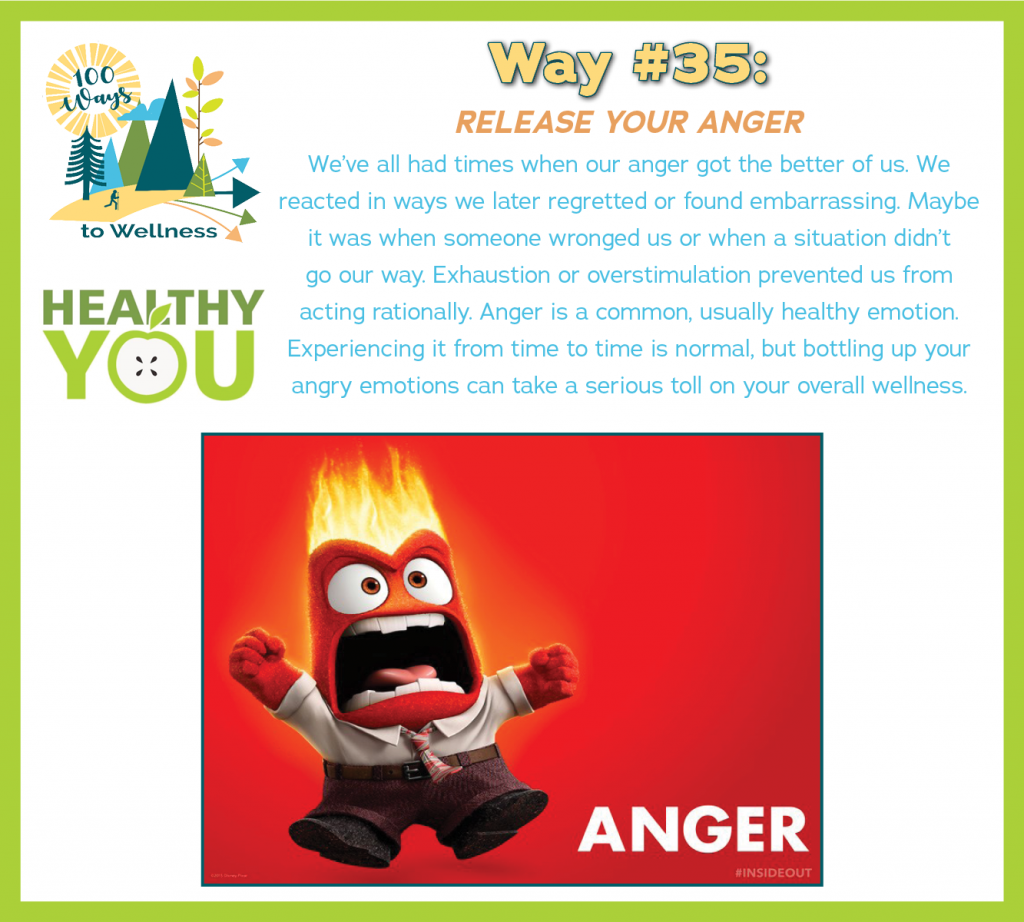


Upsetting situations take up residence in our minds, leading us into a thought spiral that can affect our mental health. Additionally, anger is known to exacerbate anxiety and stress.
A study published by the American Heart Association suggests that high levels of anger may increase the risk of coronary heart disease, particularly in older men. Repressing those feelings also may also cause an increase in your blood pressure according to a 2013 report from Men’s Health.
Another study by the Harvard School of Public Health found that subjects were five times more at risk for a heart attack and three times more at risk for a stroke in the two hours following an angry outburst.
According to data from the National Institutes of Health, anger could potentially lead to diabetes through risky health behaviors. While there’s no direct link between temperament and subsequent diabetes risk, in the study, individuals with the highest levels of anger had a 34 percent increased risk of developing the disease compared to those with lower temperaments. Researchers found that those with chronic anger were more likely to smoke and had a higher calorie intake, two factors that could lead to the development of type 2 diabetes.
The emotion itself isn’t the problem; it is how we handle it. Finding how to release anger appropriately is an important step in personal anger management. It stabilizes our moods quicker, prevents strains on relationships, and keeps us from doing something we may regret later. Here are 5 suggestions to get you started on releasing whatever anger you may be holding onto. Have some other suggestions? Share them in the comments!
Get Physical – Physical activity is a great way to release anger and put yourself in a better mood. The chemicals released in the brain while doing physical activity are natural mood stabilizers. Working out also lets you redirect the anger into a healthy activity. Though exercise may not solve the problems that got you angry, it will neutralize the difficult emotions so you could think more clearly about solutions.
Breathe Deep – Breathing exercises are an easy way to calm down from the body’s fight or heightened flight state of alertness. A few deep breaths can help activate a calming reflex in the body.
Write It Out – Sometimes writing thoughts and emotions on paper helps get them out of your head and puts them in perspective. Consider journaling, creating poetry, or writing a letter or email to someone who wronged you (that you may or may not send). Writing helps organize your thoughts and may provide insights into the situation.
Let Go Of The Person Or Situation – Sometimes it is best to simply walk away from your source of anger. It could be permanent or temporary, but, if possible, take a break from the triggers consistently causing you anger. If you need to end a relationship or find a different job, do it. Change is not always easy, but it is necessary if the situation is causing you significant anger.
Develop Your Support Network – If you struggle with anger, finding an appropriate support network could be the difference between lashing out at the world and constructively releasing anger. Turn to a family member, close friend, or partner that has an empathetic, rational approach to helping you vent your emotions.
Here are just a few of the many positive things our patients have to say about their the care they received at Cary Medical Center.

